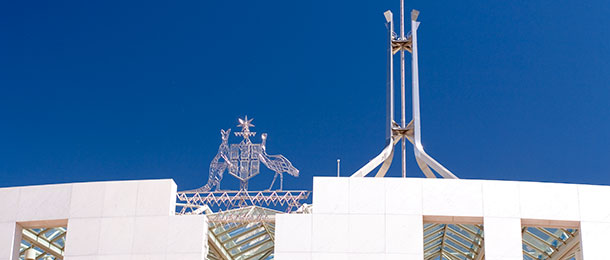The federal government has no immediate plans to apply changes to restrict members with less than $1 million from establishing an SMSF in the wake of the Productivity Commission’s draft report on superannuation.
Treasury retirement income policy division head Robert Jeremenko told the Tax Institute’s 2018 National Superannuation Conference in Melbourne today that the commission’s draft report into competition and efficiency in superannuation was just a draft, which is an advantage for the SMSF sector.
“For the close followers of the Productivity Commission’s work over the years, there is often the case that between a draft and the final they will refine and in some cases change the views,” Jeremenko said.
“They do that as a result of input from the industry,” he said, adding while he is not suggesting he is aware of a possible outcome, final legislation can vary from draft findings.
He said the industry will have to wait and see.
“That’s been not unexpectedly vigorously opposed by the SMSF representative bodies. The modelling that the Productivity Commission used to determine that has been challenged by the industry,” he noted.
The draft report, released last month, said many smaller SMSFs with balances under $1 million have delivered significantly lower returns on average than larger SMSFs.
“The difference between returns from the smallest SMSFs (with less than $50,000) and the largest (with over $2 million) exceeds 10 percentage points a year,” it said.
Jeremenko also said Treasury and the government realised they could achieve their desired outcome on limited recourse borrowing arrangements (LRBA) as part of the superannuation tax integrity measures without going to the lengths of what was proposed in the draft legislation.
“This is an example of something that changed post the consultation because, as a result of the feedback from the Tax Institute and a number of others, we realised that we could achieve the same outcome,” he said, adding he hopes the proposed legislation is now more workable.




